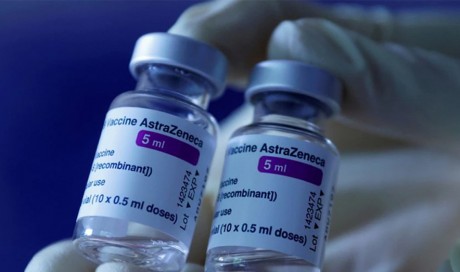It's not always easy to know. Chances are you have some real misperceptions about caffeine. For starters, do you know the most common sources of caffeine? Well, maybe two of the sources aren't too hard to name -- coffee and tea leaves. But did you know kola nuts and cocoa beans are also included among the most common caffeine sources? And do you know how much caffeine content can vary from food to food? Turns out it's quite a lot actually, depending on the type and serving size of a food or beverage and how it's prepared.
Caffeine content can range from as much as 160 milligrams in some energy drinks to as little as 4 milligrams in a 1-ounce serving of chocolate-flavored syrup. Even decaffeinated coffee isn't completely free of caffeine. Caffeine is also present in some over-the-counter pain relievers, cold medications, and diet pills. These products can contain as little as 16 milligrams or as much as 200 milligrams of caffeine. In fact, caffeine itself is a mild painkiller and increases the effectiveness of other pain relievers.
Caffeine Myth No. 1: Caffeine Is Addictive
This one has some truth to it, depending on what you mean by "addictive." Caffeine is a stimulant to the central nervous system, and regular use of caffeine does cause mild physical dependence. But caffeine doesn't threaten your physical, social, or economic health the way addictive drugs do. (Although after seeing your monthly spending at the coffee shop, you might disagree!)
If you stop taking caffeine abruptly, you may have symptoms for a day or more, especially if you consume two or more cups of coffee a day. Symptoms of withdrawal from caffeine include:
- headache
- fatigue
- anxiety
- irritability
- depressed mood
- difficulty concentrating
No doubt, caffeine withdrawal can make for a few bad days. However, caffeine does not cause the severity of withdrawal or harmful drug-seeking behaviors as street drugs or alcohol. For this reason, most experts don't consider caffeine dependence a serious addiction.
...[ Continue to next page ]
Share This Post












